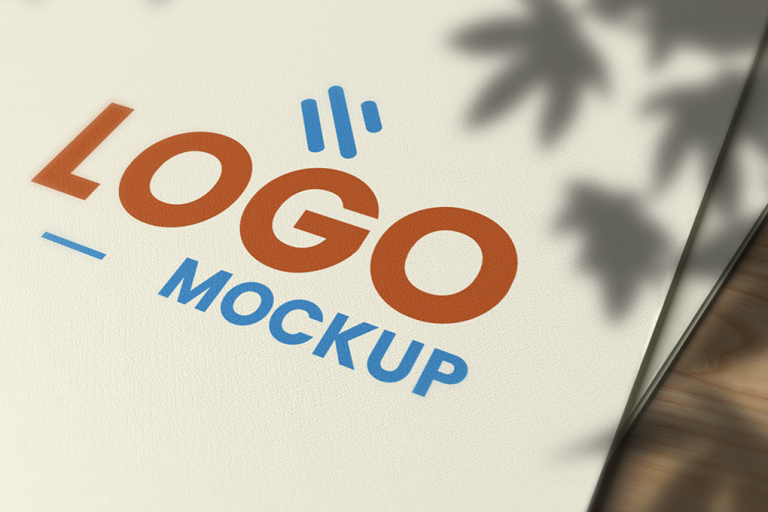This week we take a break from our regular advice on logo design, and focus instead on a huge issue for small businesses—how to bootstrap your business.
Now before you read our advice, let us point you to a great resource, The Art of the Start by Guy Kawasaki. This book is full of excellent advice on how to start your new business (and do it cost effectively). If you’re ready to start your business, get this book. Now.
If you’re looking for the basic rundown of Kawasaki’s book without actually having to purchase it, below are some of the main money saving tips he discusses throughout his book.
How to save money when starting your business
1. Monitor your cash flow
As you get your business up and running, you’ll track all kinds of financial metrics—sales, cost of goods sold, margins, etc. Watching all of these numbers on your spreadsheet, it’s pretty easy to see if you’re making a profit. If you have a profit at the end of the month, congratulations!
But be careful.
Just because you have a profit doesn’t mean you have cash. And it takes cash to pay the bills. Depending on the product or service you offer or your customer’s ability to pay, it may take 30 days or more to collect what’s owed you. Some customers never pay, despite using your service. Checks bounce. Credit charges are reversed. Some of your profit may be tied up in inventory or other assets. So watch your cash flow. If it runs out, you’re in trouble.
Here’s a simple formula to help track your cash: Amount of cash in the bank/the amount of cash you burn each month=number of months you stay in business. When you run out of cash, you’re done. Calculate this number every month to make sure your business is on track.
2. Hire new employees carefully
As tempting as it is to bring on an experienced team of proven executives who have done it before, these people are expensive. If you can, you’re much better off hiring young, hungry, talented people to help you build your business.
Rather than staffing up, use teams of freelancers for project work. This will help you save tons of money on labor costs and give you the flexibility to focus on new projects as they come up. And you won’t have to worry about layoffs if your business environment takes a turn for the worse. Here are a few more tips for business owners looking to hire new employees.
3. When it comes to office space, go cheap
Work from home. Work from the library. Work from a coffee shop. If you really need an office, look into shared office spaces where you can “rent” a desk for a week or month at a time. Shared offices give you access to communal conference rooms, the Internet, copy and fax services, and more for far less than you would spend on your own office.
Lose your landline and switch to VOIP services like Skype or Google Voice. Even a cell phone may be cheaper than business phone services. Move your web hosting to the cloud with a partner like RackSpace or Amazon Web Services. This not only helps you save money, but can help eliminate risks like server failure.
Of course, these aren’t the only expenses you can cut with a little creativity. The Logomaker site includes several services to help you create a logo for less than $50, create a website for $10/month, or save on other services like business card printing, business credit cards, and more. By taking a little time to look around (and maybe do a few things yourself), you can find lots of cost-effective ways to save money as you build your business.
When it comes down to it, launching a business is expensive. But if you’re creative about how you do it, you can save a bit of money and buy yourself more time to get it right.







